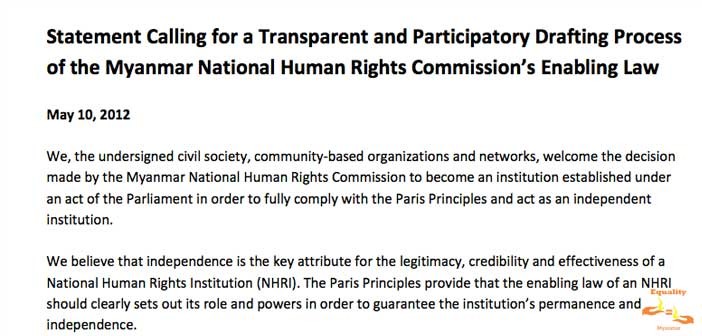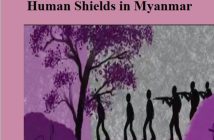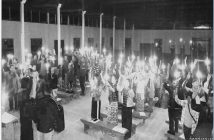
 Fifty-four civil society and community-based organizations and networks from Burma released a statement today welcoming recent efforts to establish the Myanmar National Human Rights Commission (MNHRC) through an act of Parliament. The groups called for the drafting of this enabling law to be a credible, inclusive and transparent process. The statement includes recommended steps for the MNHRC and government of Burma to take in order for this process to be consistent with the Paris Principles.
Fifty-four civil society and community-based organizations and networks from Burma released a statement today welcoming recent efforts to establish the Myanmar National Human Rights Commission (MNHRC) through an act of Parliament. The groups called for the drafting of this enabling law to be a credible, inclusive and transparent process. The statement includes recommended steps for the MNHRC and government of Burma to take in order for this process to be consistent with the Paris Principles.
The MNHRC was originally established by Presidential decree rather than through a law in Parliament, which is in violation of the Paris Principles that outline minimum conditions for a national human rights institution to be considered independent and effective in protecting and promoting the rights of the people. The appointment of former State Peace and Development Council ambassadors and retired civil servants close to the government illustrates the MNHRC’s lack of independence and autonomy. Furthermore, the commission has not had a clear mandate based on universal human rights standards and has not been granted operational and financial independence.
“The way in which the MNHRC was formed and has been operating is in direct contravention of international standards,” said Naw San, General Secretary of the Students and Youth Congress of Burma. “It has been a mockery of human rights institutions around the world and was clearly designed by Thein Sein’s government to win favor from the international community.”
“With human rights violations still occurring every day, especially in ethnic nationality areas, we welcome that the MNHRC and the Parliament are now trying to properly establish the commission as a credible body,” said Tin Tin Nyo, General Secretary of the Women’s League of Burma. “However, without public participation in the process, the MNHRC will be no better than it is now. Ongoing consultation with civil society is the only way the MNHRC will be able to promote and protect the people’s fundamental rights.”
In order to ensure that the enabling law drafting process is credible, inclusive, transparent and consistent with the Paris Principles, the groups recommended that the draft law must be widely publicized and disseminated, input at all stages be encouraged, inclusive consultations be held with all stakeholders, able focal persons are identified to oversee the drafting and consultation processes, adequate resources are allocated, and technical assistance sought from relevant experts and the regional network of National Human Rights Institutions.
The statement was sent to the MNHRC, President Thein Sein, Speaker of the National Assembly Khin Aung Myint and Speaker of the People’s Assembly Shwe Mann, as well as political parties with elected Members of Parliament.
For more information, please contact:
Naw San, Students and Youth Congress of Burma: +66848119594 or sycbcongress@gmail.com
Tin Tin Nyo, Women’s League of Burma: 0810322882 or tintinnyo2007@gmail.com
Specifications
- Publisher: Burma Partnership
- Language: Burmese, English
- Published: 2012
- Paperback: 3 pages






